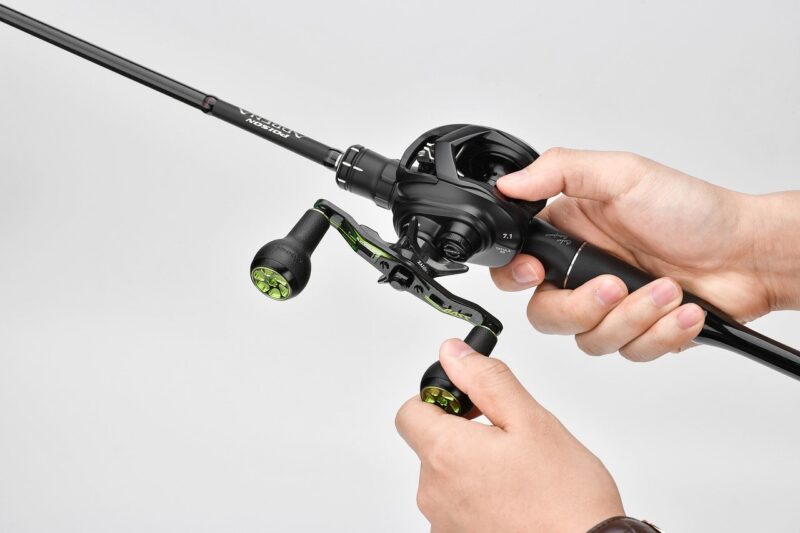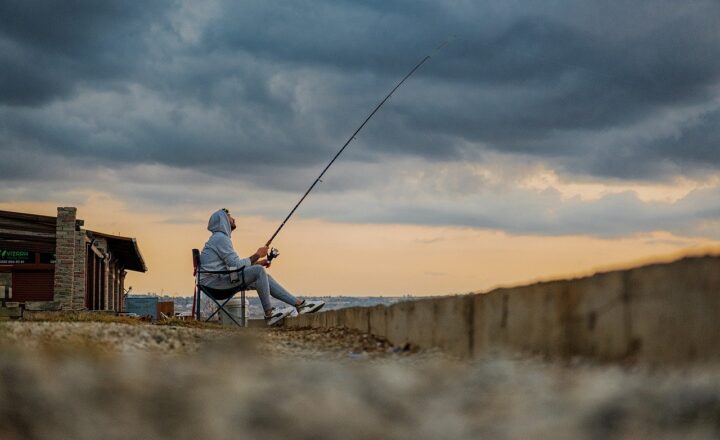Fishing for Facts: The Surprising Truths Behind the World’s Most Popular Pastime
November 18, 2024

Fishing is more than just a way to catch your dinner; it’s a global phenomenon deeply woven into the cultural fabric of countless societies. Each year, millions of individuals swap their work clothes for a fishing vest and head to lakes, rivers, and oceans in pursuit of tranquility, adventure, and their next big catch. While fishing may seem straightforward—drop a line, reel in a fish—its nuances, environmental impacts, and psychological benefits run far deeper than one might expect. In this article, we will explore the surprising truths behind fishing, uncovering historical significance, sustainable practices, and its intriguing effects on mental health.
1. The Rich History of Fishing: An Ancient Practice
The practice of fishing can be traced back as far as the Stone Age, with evidence of fishing tools found in ancient sites around the world. Early human beings relied on fishing not just as a source of food but also as a means of trade and cultural exchange.
Throughout history, fishing techniques evolved with technology. Ancient Egyptians used hooks made from bones, while the Chinese were utilizing nets as early as 2000 BC. By the Middle Ages, fishing had become a prevalent profession across Europe, with coastal towns thriving from the bounty of the sea.
Today, fishing encompasses various techniques, ranging from traditional practices to modern methods involving sophisticated technology and equipment. With over 38 million Americans fishing each year, this pastime continues to connect people to the past.
2. The Economic Impact of Fishing
Fishing is not only significant as a leisure activity; it has profound economic implications. In the United States alone, recreational fishing contributes over $70 billion to the economy annually. This number encompasses everything from gear sales, boat manufacturing, and tourism to enhanced local economies in fishing-prone areas.
Furthermore, commercial fishing remains a critical industry across the globe, providing jobs and food security for millions of people. According to the Food and Agriculture Organization (FAO), over 820 million people depend on fisheries and aquaculture. This economic contribution underscores the importance of promoting sustainable fishing practices that can ensure the longevity of these vital resources.
3. The Environmental Perspective: Balancing Angling and Conservation
As we delve into the ecological impact of fishing, it’s critical to address the challenges posed by overfishing and habitat destruction. While recreational fishing is less detrimental than commercial practices, responsible angling remains crucial in preserving aquatic ecosystems.
Overfishing changes the dynamics of marine life by disrupting food chains and leading to the depletion of certain species. To combat this, conservation groups have emerged, advocating for responsible fishing methods, catch-and-release practices, and stricter regulations.
Sustainable fishing practices, such as using barbless hooks, adhering to bag limits, and being aware of seasonal guidelines, not only foster healthier fish populations but also encourage a deeper appreciation of nature among anglers. By promoting conservation-minded approaches, we can safeguard both our fishing opportunities and the delicate ecosystems that support them.
4. Fishing as Therapy: The Psychological Benefits
The allure of fishing goes beyond simply landing a catch; it appears to have significant psychological benefits. Numerous studies have revealed that fishing can reduce stress levels, promote relaxation, and enhance mental well-being. Being in nature contributes to lower cortisol levels and fosters mindfulness, allowing individuals to abandon their daily worries temporarily.
Additionally, fishing facilitates social connections. Friends and family often bond over shared fishing experiences, fostering a sense of community and belonging. Many therapists endorse fishing trips as part of anxiety and depression treatment, highlighting its meditative scope and ability to facilitate personal reflection.
The rhythmic motion of casting, waiting, and reeling in creates a state of flow that can be both calming and grounding, fostering feelings of peace and accomplishment.
5. Types of Fishing: A Diverse Experience
Fishing accommodates a plethora of techniques, catering to varying interests, skills, and environments. Here’s a breakdown of some of the most popular types of fishing:
- Freshwater Fishing: This includes lake, river, and pond fishing and is popular among beginners. Target species often include bass, trout, and catfish.
- Saltwater Fishing: Conducted in oceans and seas, saltwater fishing involves different techniques such as deep-sea fishing, surfcasting, and trolling. Anglers pursue species like marlin, tuna, and snapper.
- Fly Fishing: This sophisticated technique uses artificial flies to catch fish, primarily in freshwater. It emphasizes the aesthetics of the fishing experience, combining art with skill.
- Ice Fishing: Practiced in frozen lakes, this unique method involves drilling holes in ice to fish. It highlights the adaptability of anglers and provides an adventurous challenge.
- Kayak Fishing: Combining fishing with paddling, this emerging trend allows anglers to access remote waters and experience nature up close.
With its multifaceted approaches, fishing can cater to both the seasoned angler and those just starting. Each technique offers a different kind of engagement with nature, enriching the experience in its own unique way.
6. Conclusion: Fishing—More Than Just a Hobby
In conclusion, fishing is far more than an activity focused on catching fish; it is a cultural cornerstone, a source of economic stability, and a therapeutic practice that enhances mental well-being. As anglers hook into the waters, they connect not only with nature but also with history, community, and the ongoing conversation about sustainability.
Whether you are a professional fisherman, a weekend angler, or a casual observer, the joys and surprises of fishing continue to resonate through the generations. With responsible practices and a mindful approach, we can all contribute to the preservation of this beloved pastime while ensuring that future generations will have the opportunity to experience the peace, joy, and wonder of fishing.
Fishing is truly(he last line) about making memories, embracing nature, and enjoying every moment spent by the water.







